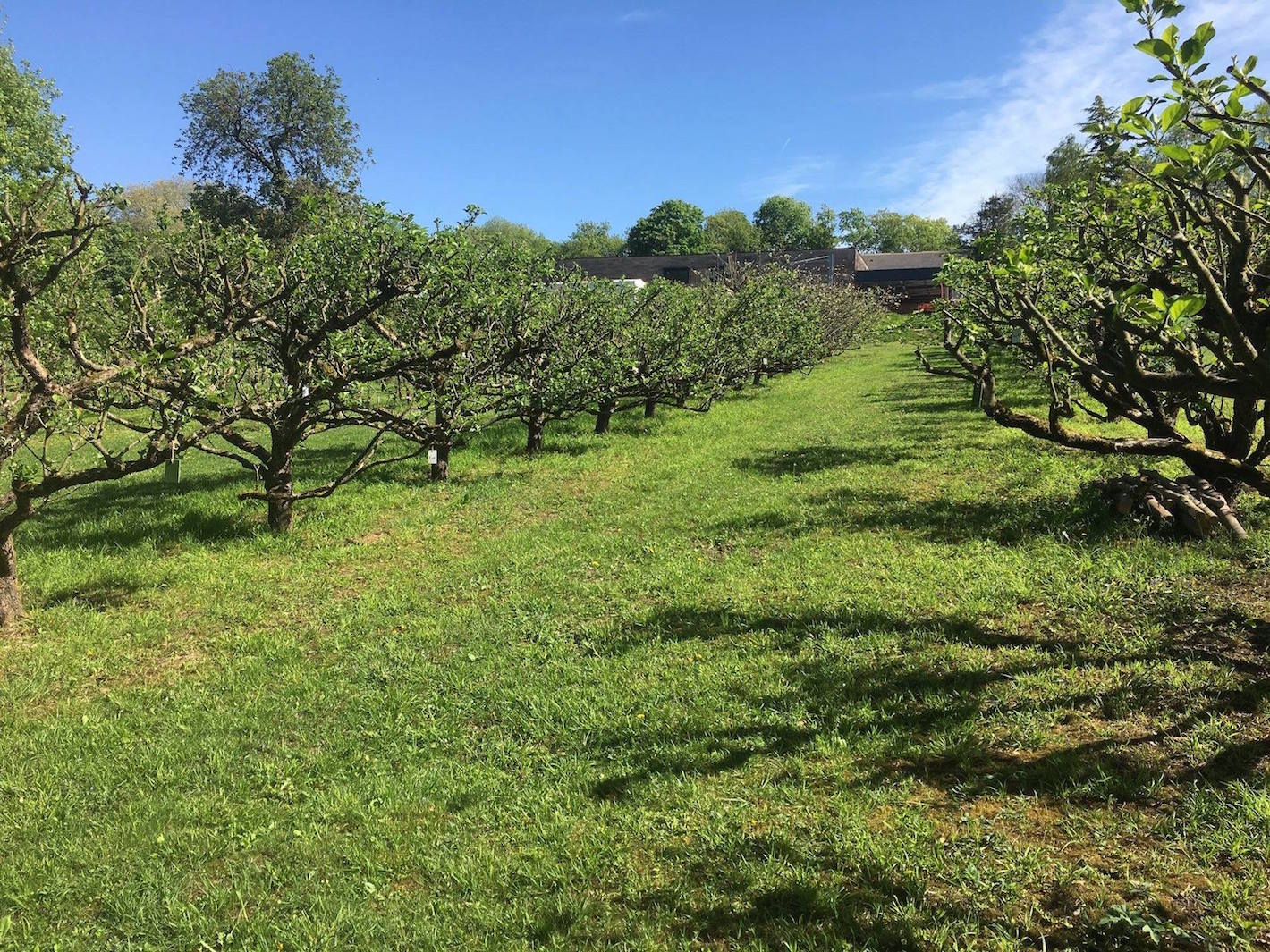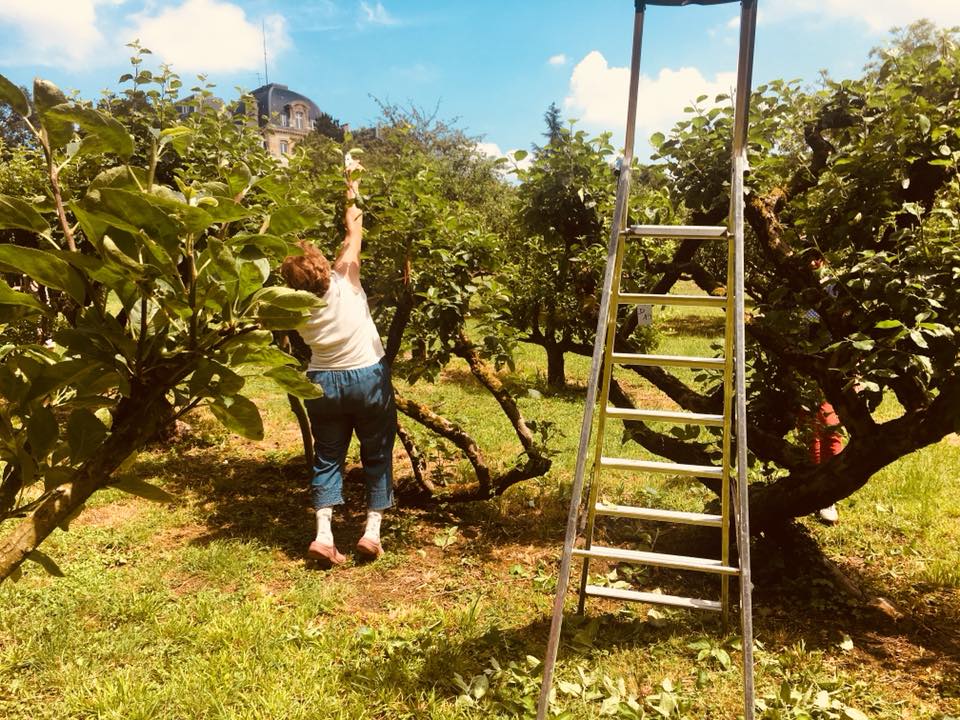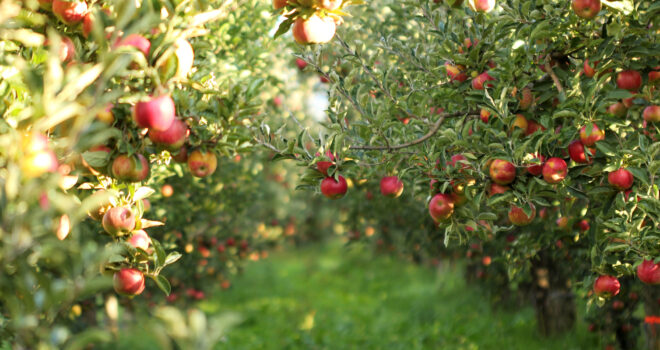The rehabilitation and “organic” certification of the Verger de Sillery, in Epinay-sur-Orge in Essonne (France), is one of the most important projects of the Fondation Franco-Britannique de Sillery as part of its centenary operations. The project ties in with the association’s approach, which is founded on the principles of environmental valuation and social inclusion, benefiting the users, employees, volunteers and the people who live near the estate.
The Association Colonie Franco-Britannique de Sillery was established in 1919 by the Comité Franco-Britannique de Sillery to assist the injured soldiers of the Great War. In 2012, it became a non-profit association, called the Fondation Franco-Britannique de Sillery. The Foundation’s head office is situated in the lovely Château de Sillery, on an estate covering almost 29 hectares. We met with the person in charge of the Foundation’s patronage, to discuss the Foundation’s social action and collaborative projects, which combine agroecology with urban agriculture.
What is the current mission of the Fondation Franco-Britannique de Sillery?
The Foundation looks after 800 disabled people in its 11 establishments in Île-de-France and Brittany. They receive professional training, combined with medical and social assistance, thanks to the Foundation’s 300 employees and volunteers in various retraining centres. The main idea is to promote their autonomy and social inclusion, from the age of 13 until they retire. They undergo training as half-boarders or full-boarders.

So how did the Foundation’s “Verger” project come about?
The Verger de Sillery (more information on the Facebook page) illustrates how the Domaine de Sillery’s wants to raise environmental awareness. They have done this by buying electric vehicles, recycling waste, car sharing, etc. However, the project also has its own history. The Domaine de Sillery is completely self-sufficient in terms of fruit and vegetables, which are produced in its orchard and kitchen garden.
The project introduces users to arboriculture, through the rehabilitation and “organic” certification of the orchard and its environmental valuation. As a result, they also participate in a large-scale renovation project. Jean David Novel, an expert in sustainable and social agriculture in an urban setting, helped on the initiation side (Ed.: We met Jean David Novel at the Foundation’s 2018 Conference and learnt more about the Fondation Franco-Britannique de Sillery’s projects as a result).
How is the project developing and who is benefiting from it?
The “Verger” project was set up in December 2017. The orchard will require three years of pruning and planting (60 of the 135 trees dating from World War II need to be replaced). It also aims to attract a mixed audience (volunteers, employees, associations) who will work together, promoting sharing and the social inclusion of the users.

The people who will benefit from the production of fruit (apples, pears, quinces, plums, redcurrants…) that is certified “organic” are the users themselves, as well as the volunteers, the employees and the local population. This is done through the AMAP (Association pour le Maintien d’une Agriculture Paysanne/Association for the Preservation of Peasant Agriculture). The results to date have been extremely positive and the first harvest is scheduled for next year.
For the second part of the interview



 Tomato
Tomato  Chard
Chard  Vegetable garden: growing watercress
Vegetable garden: growing watercress 









